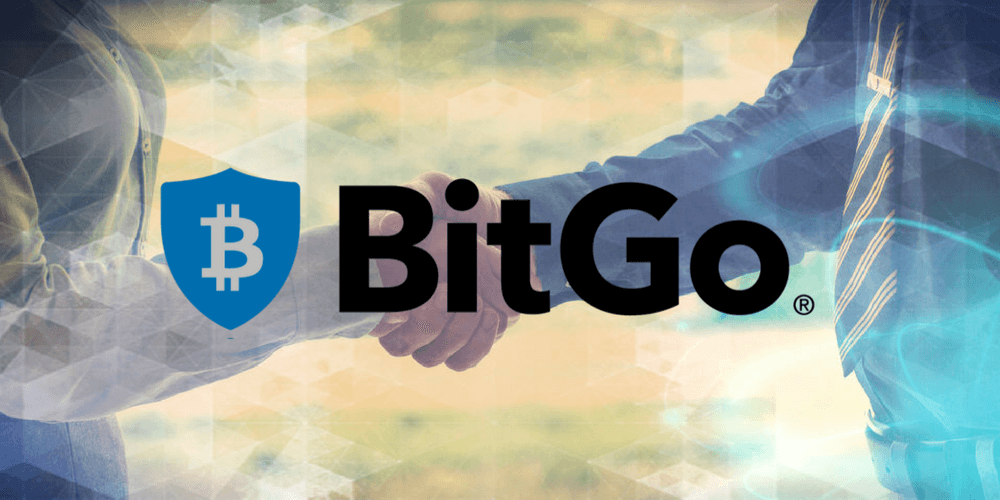
Blockchain security company BitGo has been a leader in the crypto space since the company’s inception in 2013. BitGo offers a suite of products for institutions and individual cryptocurrency holders including web wallets, institutional custody services, cold storage solutions, and private blockchain construction.
The company began by offering the first multisig Bitcoin wallet and has since expanded their product line to provide multisig wallets for Litecoin, Ethereum, ERC-20 tokens, Bitcoin Cash, Bitcoin Gold, and Ripple XRP. BitGo was the first wallet provider to insure their clients’ digital asset holdings against theft.
BitGo also offers an instant payment feature, which allows clients to send digital currency instantly without waiting for confirmations from the network. In addition, the company partnered with The Royal Mint and the Chicago Mercantile Exchange (CME Group) to build the blockchain undergirding Royal Mint Gold (RMG), a digital token tied to the spot price of gold.
At Consensus 2018, I sat down with Ben Chan, CTO of BitGo to discuss what the future holds for the company. Chain explained that this year the company is focused on improving their custodial services and was interested in the decentralized exchange space.
“For this year, it’s really about custody. We want to keep improving and strengthening our position in custodial services. Towards the end of the year, we’re working to offer other financial services on top of [custody]. We’re really interested in decentralized exchanges. We believe that [decentralized exchanges] provide a new source of liquidity, as well as more interesting ways to trade.”
Chan predicts that 2018 will likely be the year we see large institutions adopting cryptocurrency and introducing distributed ledger technology.
“First we’ll see adoption by large institutions, then adoption by companies like Fidelity which will begin offering [access to the crypto space] to their clients. That’s how the mainstream will come in.”
Because of this, Bitgo is also working on providing custodial services for the up-and-coming institutional markets.
“Where we’re going now is towards providing more financial services. That’s the current climate. As the mainstream financial players like banks and hedge funds are coming in, they want someone that they can trust with their digital assets.”
As over eight thousand attendees from all over the world explored Consensus, I asked Mr. Chan how it felt to be a part of a veteran crypto startup that had become involved in the space well before the recent surge in interest.
He replied jokingly, “I think it’s still really early, so I don’t know if you can call us veterans, but thank you very much for that. I don’t know that everyone expected it would happen this way. When I first got into the space around 2011, most people involved thought that crypto would need to fully and independently evolve before there was mainstream interest. Instead, what’s happened is that traditional institutions have actually given the space a lot of help. We’ve worked with some of [these institutions], and what they ask for in terms of policies and approvals processes helps us learn how to best secure our client’s assets. So, I would say that there’s value on both sides, and on the whole, the pie has grown so much bigger.”
In closing, Chan reiterated Bitgo’s vision and desire to work with larger financial institutions entering the space.
“We’re trying to put more trust into the crypto ecosystem. The mainstream players are still examining the space, still looking for custodial services, and looking at how they can manage their own coins. We’re looking at how to make better interfaces for them. I think this is all going to take time, but it’s very interesting to be a part of it.”

